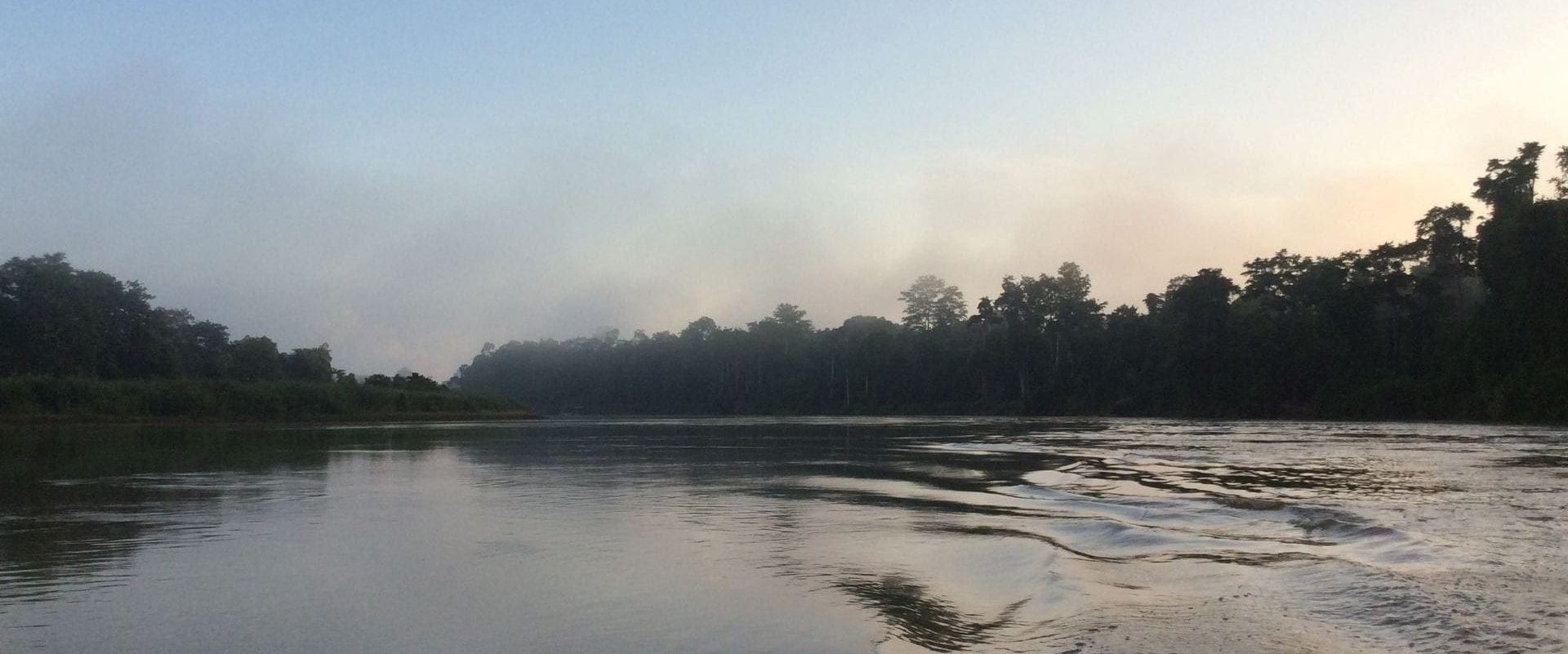Wild Geese by Mary Oliver
You do not have to be good.
You do not have to walk on your knees
for a hundred miles through the desert repenting.
You only have to let the soft animal of your body
love what it loves.
Tell me about despair, yours, and I will tell you mine.
Meanwhile the world goes on.
Meanwhile the sun and the clear pebbles of the rain
are moving across the landscapes,
over the prairies and the deep trees,
the mountains and the rivers.
Meanwhile the wild geese, high in the clean blue air,
are heading home again.
Whoever you are, no matter how lonely,
the world offers itself to your imagination,
calls to you like the wild geese, harsh and exciting –
over and over announcing your place
in the family of things.
In the poem, “Wild Geese”, Mary Oliver quietly challenges our human fixation in our earthly concerns to accepted by other people and society at large, to “have to be good” as the author puts it in the first line. Written in an intimate second-person perspective and in a style that is simple yet graceful, the poet establishes a powerful connection the reader. In life, she suggests, we too often hide our frustrations, smooth over our imperfections, and conceal our vulnerabilities, too pre-occupied by immediate concerns. Mary Oliver reminds us that there is a world, indeed, a whole universe, beyond our narrow concerns of everyday life, beyond our immediate regret, despair, and pain, through her elegant portrayal of natural scenery.
The poet opens the poem with a challenge to the status quo, but she presents it in a way that is reassuring rather than threatening. “You do not have to be good./ You do not have to walk on your knees/ or a hundred miles through the desert repenting.” The repetition of the second person “you” is striking, she directly addresses us, the reader, and invites us to surrender our Sisyphian mission towards perfection and fulfilment of unreachable expectations, of societal standards. There is a religious undercurrent in the second and third line, “walking on your knees” and “repenting” as if our passion is self-destructive to point of overzealous believers. On reflection, this reminds me of Buddha’s path to spiritual enlightenment. It was not through extreme asceticism and self-punishment, but a middle way through moderation and meditation through which he gained enlightenment. The poem becomes even more personal when the poet writes, “Tell me about despair, yours, and I will tell you mine.” Mary Oliver is directly inviting us to be open regarding our vulnerabilities and fears through the first person, and she is willing, it seems, to be open about ours too. This is an affinity that is often not achieved in our modern world, where digital messages have replaced personal conversations and the rapid pace of society often come at the expense of deep, personal introspection.
The next several lines remind the reader that there is an outside world beyond our immediate concerns. Too often, perhaps, one small despair or regret is overmagnified by our psyche until it becomes an all-consuming roadblock, caging us into a mental prison. No, “the world goes on,” the poet gently reminds us, “Meanwhile the sun and the clear pebbles of the rain/ are moving across the landscapes,/ over the prairies and the deep trees,/ the mountains and the rivers.” The poet evokes the sensation of the passage of time through the imagery in the movement of the sun and the rain, and yet simultaneously creates an impression of the eternal dependability of the natural landscape, in the prairies and forests, mountains and rivers. The language here is simple, therapeutic in a sense, which has the effect of nudging turning the reader’s attention away from the personal concerns mentioned in the opening lines, to the grandeur and unlimited potential as encapsulated by nature. There is movement at the same time there is stillness, there is a natural order to the world, and everything has a place in “the family of things”, the poet suggests. The most impactful line of the poem, a distillation of the poem’s soul in a sense is this, “Meanwhile the wild geese, high in the clean blue air,/ are heading home again.” echoes the title of the poem. There is a certain oxymoronic sense to how the geese are simultaneously “wild”, implying an unrestrained carefreeness, and how they have a home to which they can retire. Or perhaps there is no contradiction here as the beauty of the natural world lies precisely in the coexistence of freedom and order. The poet releases us from the shackles of our entrenched beliefs and prejudices but reassures us that there is a deeper, more fundamental order in the world.
“Whoever you are,” the poet writes, “no matter how lonely,/ the world offers itself to your imagination,/ calls to you like the wild geese, harsh and exciting –/ over and over announcing your place/ in the family of things.” The extended metaphor of the wild geese carries on through to the concluding lines of the poem. The wild geese, the poet suggests, embodies the boundless potential of nature, and by extension, the world. The poem ends on a hopeful, heartening note, far from repenting and despair of the opening lines, the poet reveals that there is something larger than the individual out there, calling to us, waiting to be noticed.
Oliver, Mary. (1986). “Wild Geese.” Retrieved from http://www.phys.unm.edu/~tw/fas/yits/archive/oliver_wildgeese.html

I find the opening line (“You do not have to be good”) somewhat reassuring, but you’re right to point out that it seems to come from a place of repentence and possibly despair. This is a fine reading, Anthony. I’m glad you like the poem.